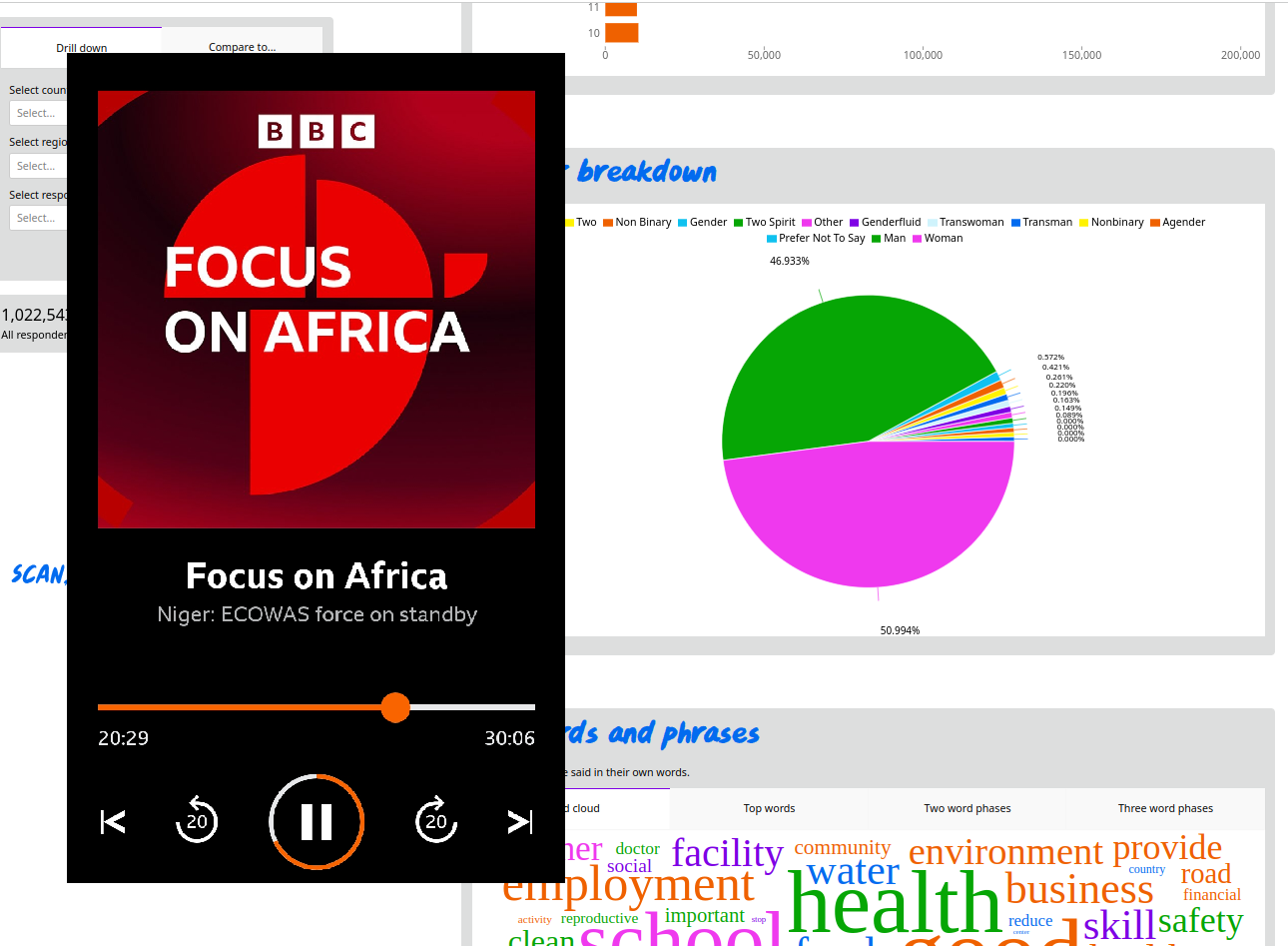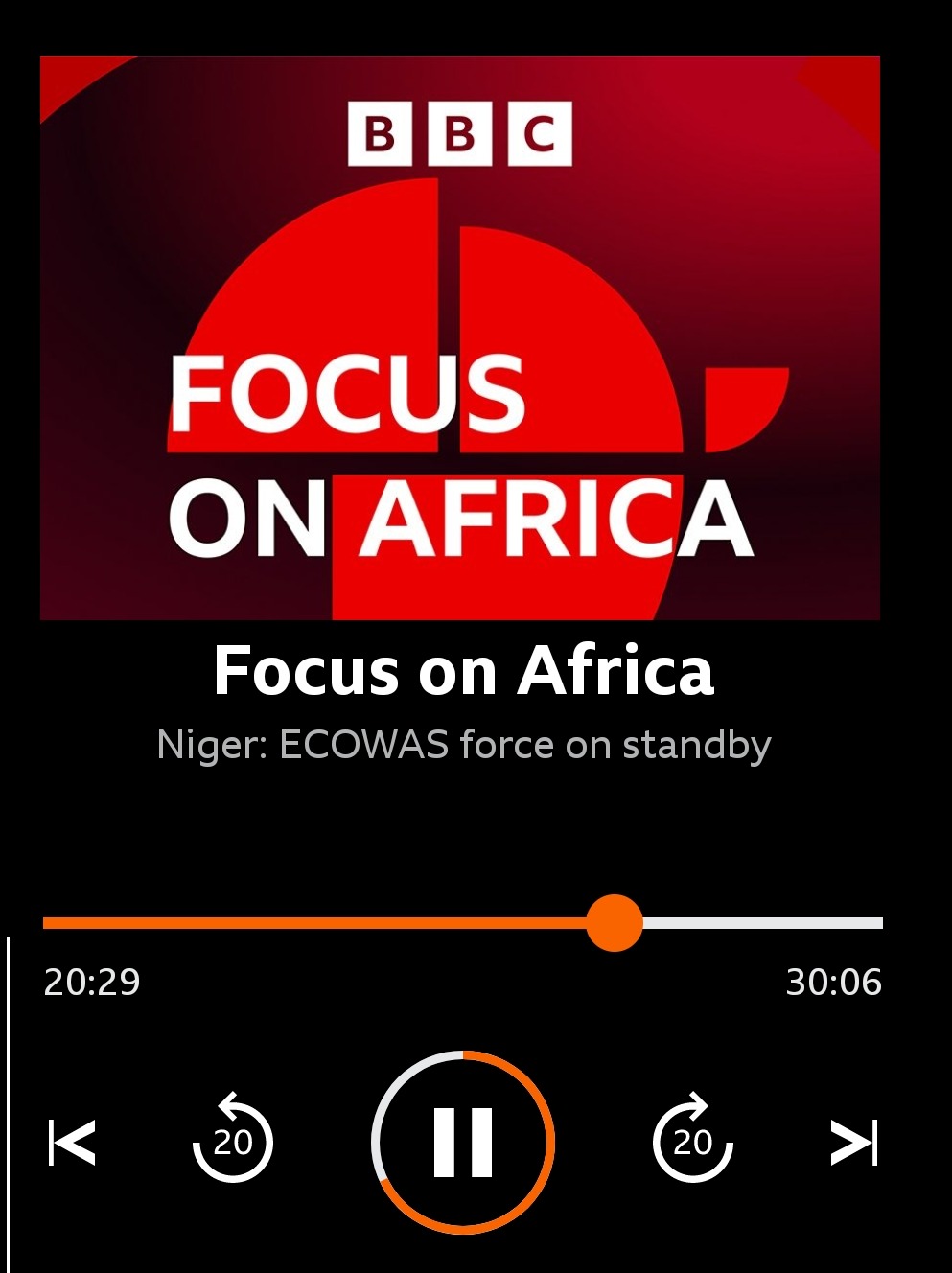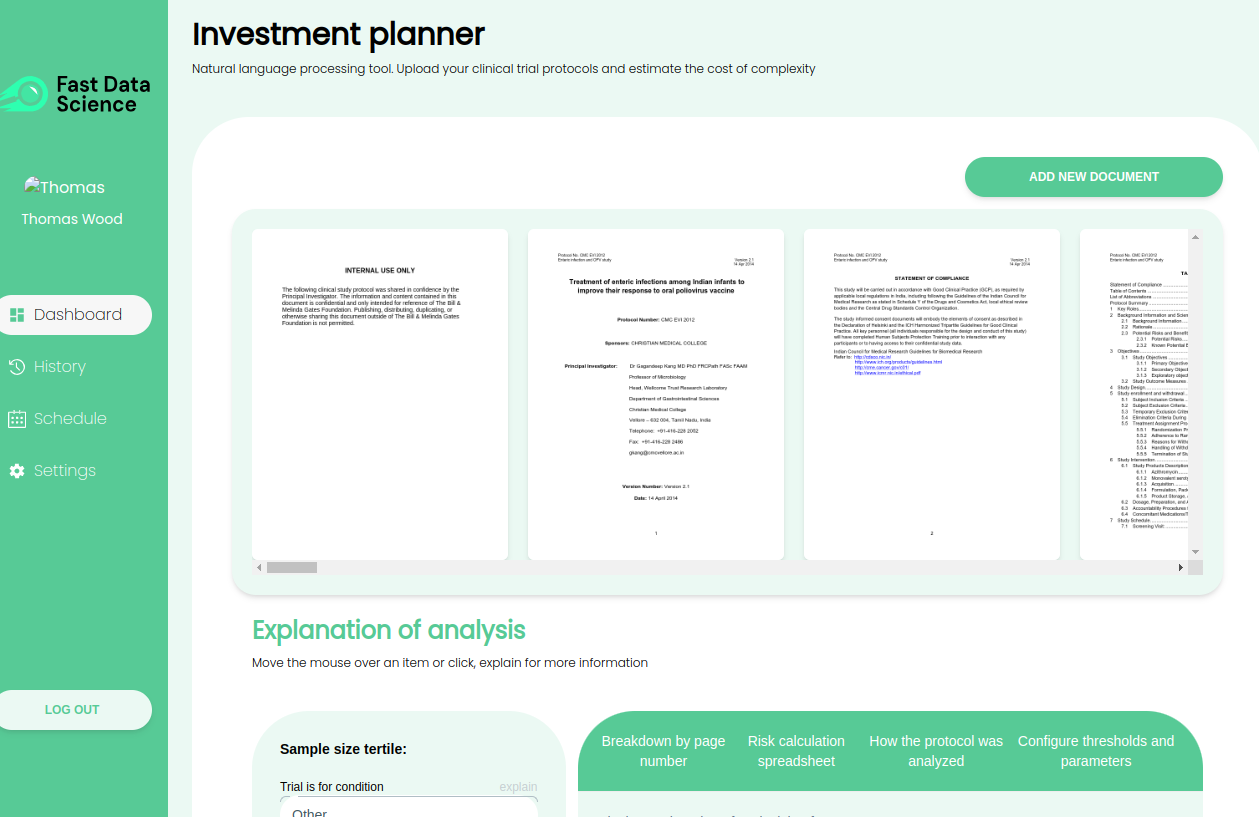
Dive into the world of Natural Language Processing! Explore cutting-edge NLP roles that match your skills and passions.
Explore NLP JobsHow would you complete the sentence:
To improve my well-being, I want…
And is anybody asking you this question?
The Partnership for Women’s Children’s and Adolescents' Health at the World Health Organisation (WHO) is asking young people between the ages of 10 and 24 this question and collating the answers in a digital dashboard, which was built and deployed by Fast Data Science and the White Ribbon Alliance.
The data collected from the survey will be used to create a publicly available digital dashboard that will help policymakers understand the needs and priorities of young people. The dashboard will also be used to advocate for policies that support the wellbeing of young people.
Check out the NLU dashboard and see what young people are saying:
Watch the dashboard launch video.
View results in an NLP dashboard
The overwhelming majority of responses come from the Global South and low and middle income countries (LMICs). Amazingly, we have already collected over a million responses and they are still coming in! It’s a challenge to keep the infrastructure working at this scale. Incoming responses must be triaged by language, and categorised by the appropriate LLM.
At Fast Data Science, we’ve used state of the art NLP models to classify and categorise the responses and allow people around the world to know what young people really want in an increasingly fragile and disrupted world.
Watch Merette Khalil from the White Ribbon Alliance explain why this project is so important.
This project is technically particularly challenging because of the volume of data as well as its diversity. Some respondents answered via WhatsApp or another app, some on paper, and some spoke to local in-country mobilisers. Responses can be in the local language and so our NLU (natural language understanding) had to be language agnostic (capable of handling multiple languages).
One particular problem came from the large number of responses from India which used an unofficial Roman Hindi instead of Devanagari. We had to first build a model to detect Roman Hindi, check that our NLU (based on HuggingFace Transformers) could handle it, and work out how to convert to Devanagari and then translate to English! This shows how even simple cases of non standard writing systems can confuse an NLU system - but the reality is that a large portion of the world, due to technological constraints or literacy levels, uses a writing system different from the officially prescribed orthography, from Germans replacing ö with oe, to Indians writing mujhe job chahiye (“I want a job”) instead of मुझे जॉब चाहिए . This is an area of NLU which technology hasn’t caught up with, since over-represented languages are generally very standardised.
You can read more about the challenges of handling multilingual data in my earlier blog post on multilingual natural language processing.

Click here to listen to the BBC broadcast about the dashboard. The interview starts at 20:30.
A recent radio broadcast on BBC Africa has highlighted the importance of hearing from young people about their wellbeing. The broadcast featured a conversation with Maziko Matemvu, the vice chair of the Partnership for Maternal, Newborn and Child Health, and a young woman from Kenya who participated in the survey.
In the BBC Africa radio broadcast, one participant spoke about her own experiences of participating in the survey. She said that she was initially skeptical about the survey, but she was encouraged by the opportunity to share her voice and to have her views heard. She also said that she was impressed by the number of young people who had responded to the survey.
The BBC Africa radio broadcast is a great example of how the media can be used to raise awareness of important issues like youth wellbeing. The broadcast has helped to amplify the voices of young people and to put pressure on policymakers to take action.
If you are interested in learning more about the youth wellbeing survey, you can visit the website of the Partnership for Women’s Children’s and Adolescents' Health. You can also follow the hashtag #1point8 on social media to join the conversation.
If you are a young person between the ages of 10 and 24, I encourage you to participate in the youth wellbeing survey. Your voice matters!
Get your own NLU dashboard
Fast Data Science is a consulting company that specialises in natural language processing. We use our expertise to help organisations make sense of complex data and to solve real-world problems. We are committed to using our skills to make a positive impact on the world.
Dive into the world of Natural Language Processing! Explore cutting-edge NLP roles that match your skills and passions.
Explore NLP Jobs
Modelling risk and cost in clinical trials with NLP Fast Data Science’s Clinical Trial Risk Tool Clinical trials are a vital part of bringing new drugs to market, but planning and running them can be a complex and expensive process.
What we can do for you